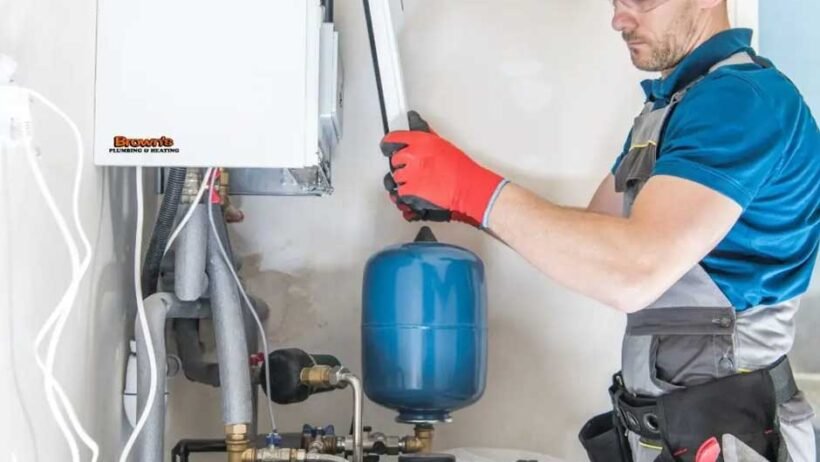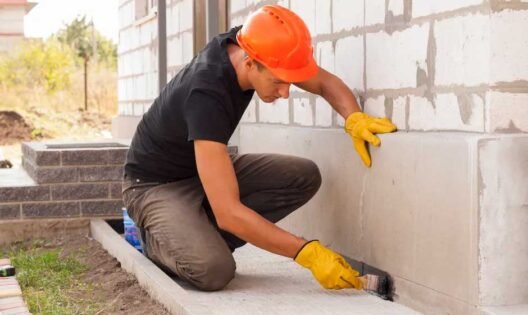A water heater plays a crucial role in maintaining daily comfort, providing hot water for bathing, cleaning, and various household tasks. However, many homeowners delay installing or replacing a new unit, often underestimating the consequences. Waiting too long to install a new water heater can result in higher costs, increased safety risks, and reduced efficiency. We will explore how procrastinating this important home improvement project can impact your energy bills, water quality, and overall household comfort. Understanding these outcomes will help you make timely and informed decisions about your water heating system.
Consequences of Delaying Water Heater Installation
Decreased Efficiency and Rising Utility Costs
When you delay installing a new water heater, you may continue relying on an aging or faulty unit that struggles to heat water efficiently. Over time, sediment buildup and wear on internal components cause the system to work harder to maintain desired temperatures. This inefficiency translates directly into higher utility bills as the heater consumes more gas or electricity than necessary. Furthermore, an older unit takes longer to heat water, which can be frustrating during daily routines. The reduced performance is often gradual, making it easy to overlook until the problem becomes significant. Regular energy loss from an inefficient water heater adds up over months, ultimately costing far more than a timely installation would. Consulting a reliable HVAC contractor for proper installation ensures the new system operates efficiently, maintains consistent performance, lowers utility costs, and prevents unnecessary energy waste.
Increased Risk of Water Damage
One of the most serious consequences of delaying water heater installation is the potential for leaks or tank ruptures. As water heaters age, their internal tanks and valves can corrode, weakening the metal and leading to cracks. A sudden rupture can release dozens of gallons of hot water into your home, causing damage to flooring, drywall, and personal belongings. The cleanup and repair costs from water damage can easily surpass the expense of a new installation. Even minor leaks that go unnoticed can create mold growth and structural deterioration over time. By replacing an outdated water heater before it fails, you can avoid these costly and hazardous situations. Prompt installation ensures your home remains protected from the dangers of unexpected leaks, giving you peace of mind and preventing the stress of emergency repairs.
Inconsistent Water Temperature and Supply Issues
Another noticeable effect of delaying installation is irregular water temperature. Old or malfunctioning water heaters often struggle to maintain consistent heat levels. You may experience sudden bursts of cold water during showers or find that the system runs out of hot water faster than it used to. This inconsistency stems from failing heating elements, sediment buildup, or a tank that can no longer hold adequate heat. In some cases, the pilot light or thermostat may malfunction, further reducing performance. For households with multiple occupants, these issues can quickly lead to frustration and inconvenience. Installing a new water heater in a timely manner restores reliable access to hot water, ensuring comfort for everyone in the home. It also provides better control over temperature settings, allowing for a smoother and more energy-efficient operation.
Compromised Water Quality and Health Concerns
Delaying water heater installation not only affects comfort but can also influence water quality. Over time, rust, minerals, and sediment accumulate inside the tank, contaminating the water supply. You might notice discolored or foul-smelling water coming from your taps, which is often a sign of internal corrosion. This buildup not only affects taste and odor but can also pose potential health risks if bacteria begin to grow in stagnant water. Additionally, these deposits reduce the heater’s efficiency and can clog pipes or fixtures throughout your plumbing system. Regular maintenance can help, but after a certain point, replacement is the only reliable solution. Installing a new water heater ensures that you have clean, clear water and prevents harmful residues from entering your household supply. It’s an important step toward maintaining both your plumbing health and your family’s well-being.
Missed Energy-Efficient Upgrades and Rebates
When homeowners delay installation, they often miss out on opportunities to benefit from newer, more energy-efficient models and potential rebates. Modern water heaters are designed with improved insulation, advanced heating technology, and energy-saving features that significantly reduce operational costs. Waiting too long to replace your old unit means continuing to spend more on utilities while missing out on long-term savings. Some local utilities or governments even offer incentives for upgrading to energy-efficient systems, but these programs often have deadlines. Installing a new unit sooner allows you to take advantage of these financial benefits and contributes to a more sustainable household. By upgrading promptly, you reduce your environmental footprint and enjoy the benefits of modern energy innovation.
Shortened Lifespan of Connected Appliances and Plumbing
An old or inefficient water heater doesn’t just affect itself—it can impact other systems connected to your home’s plumbing. Hard water deposits and sediment accumulation can clog pipes, reduce water pressure, and strain dishwashers, washing machines, and other appliances that rely on hot water. Over time, this added stress shortens their lifespan and leads to more frequent repairs. Delaying installation means these problems will continue to compound, gradually increasing maintenance costs across multiple areas of your home. A new water heater supports healthier water flow, stable temperatures, and optimal performance for connected systems. Installing one on time not only safeguards your investment but also extends the lifespan of your home’s overall plumbing infrastructure.
Delaying water heater installation may seem like a harmless decision at first, but it often leads to higher costs, reduced comfort, and even property damage over time. Acting sooner rather than later ensures you avoid costly repairs, maintain consistent water temperatures, and enjoy cleaner, safer water for daily use. A proactive approach to water heater installation ultimately saves time, money, and stress, while keeping your household running smoothly and comfortably for years to come.








